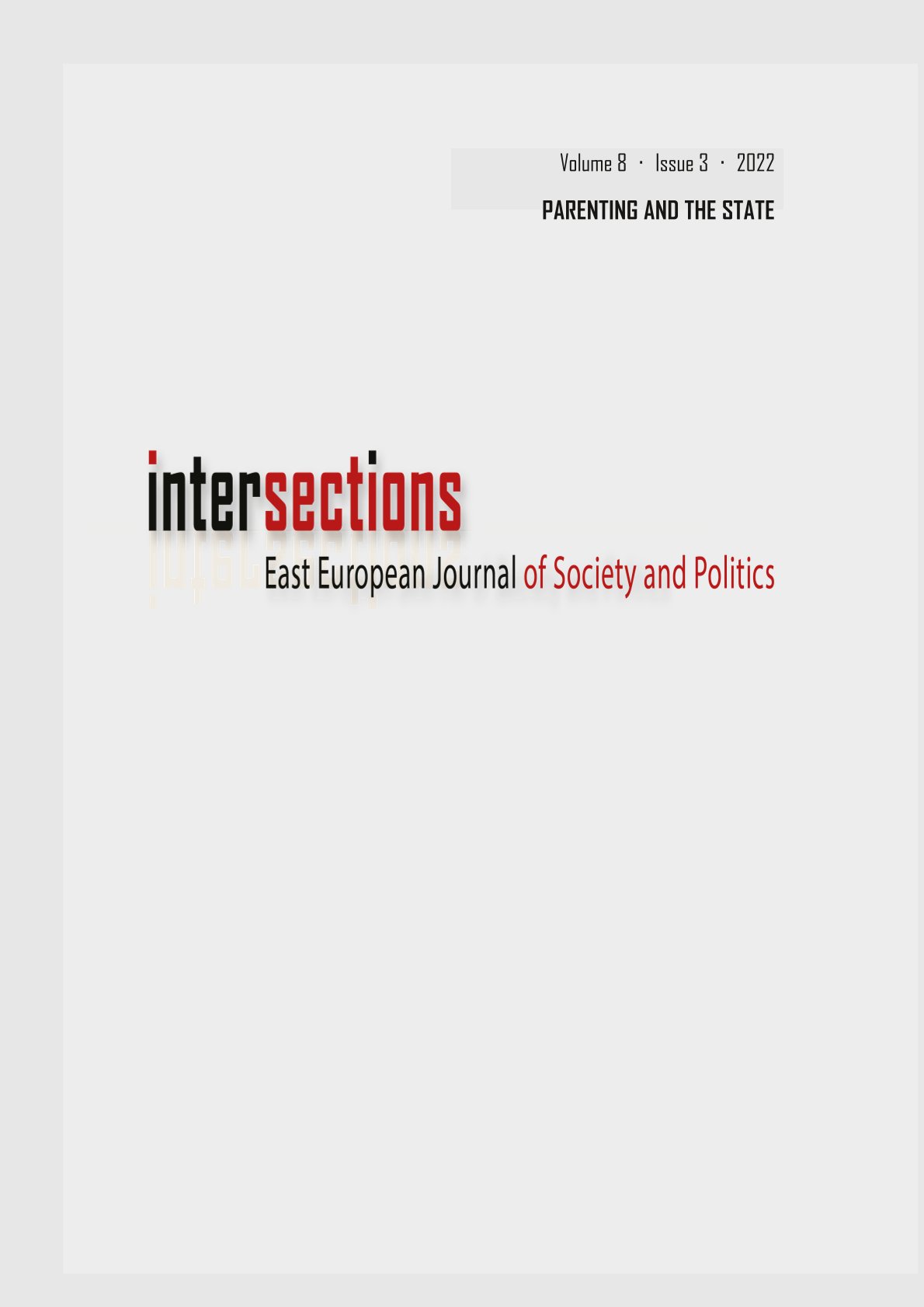Creating the post-socialist middle-class mother. Global hierarchies and local distinctions
Creating the post-socialist middle-class mother. Global hierarchies and local distinctions
Author(s): Irina Teodorova ChereshevaSubject(s): Family and social welfare
Published by: MTA Társadalomtudományi Kutatóközpont Kisebbsegkutató Intézet
Keywords: middle class; motherhood; Bulgaria; post-socialism; glocal
Summary/Abstract: This paper discusses the ways class distinctions are upheld through the performance of culturally valued childcare practices in a post-socialist capital: Sofia. It is based on 19 in-depth interviews, concerned with the mundane everyday lives of first-time middle-class mothers on maternity leave. I use feminist critical discourse analysis to trace the ways classed power shapes the meaning my interviewees attach to their experiences of motherhood. Feminist academic literature on motherhood, generally originating in the global west, has long demonstrated how the labour-intensive, financially demanding and time-consuming practices of middle-class mothers historically inform the very idea of ‘good’ motherhood. Seeing the child as a project in need of managing, via an amalgam of diligent provision of organic home-cooked food options, skilful manoeuvring around pre-school selection and an endless supply of extracurricular activities, has been exposed as middle-class privilege and thoroughly critiqued. These practices are implicitly opposed to the more intuitive parenting styles of the working classes. However, automatically linking specific childcare rituals with a certain class standing is also a symptom of the global inequalities in knowledge production, which tend to naturalise western realities as universal truths.
Journal: Intersections. East European Journal of Society and Politics
- Issue Year: 8/2022
- Issue No: 3
- Page Range: 83-98
- Page Count: 16
- Language: English

